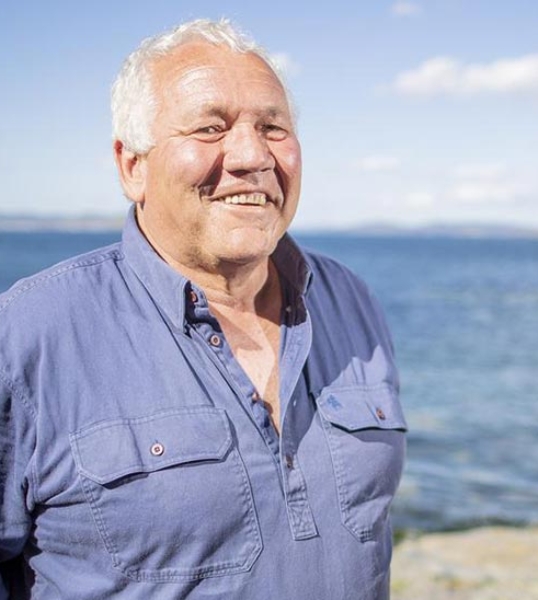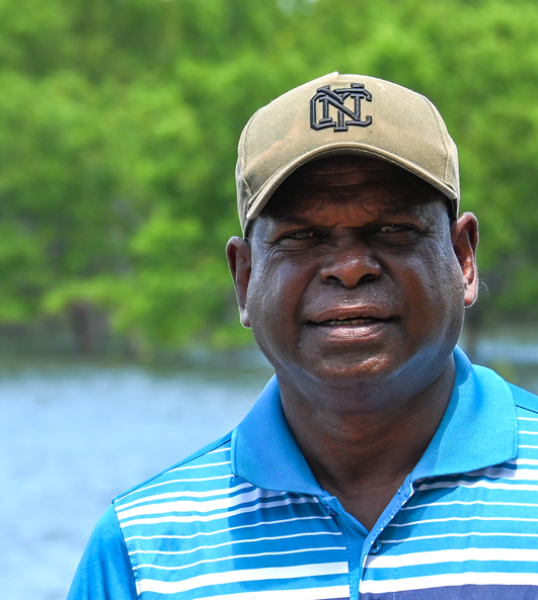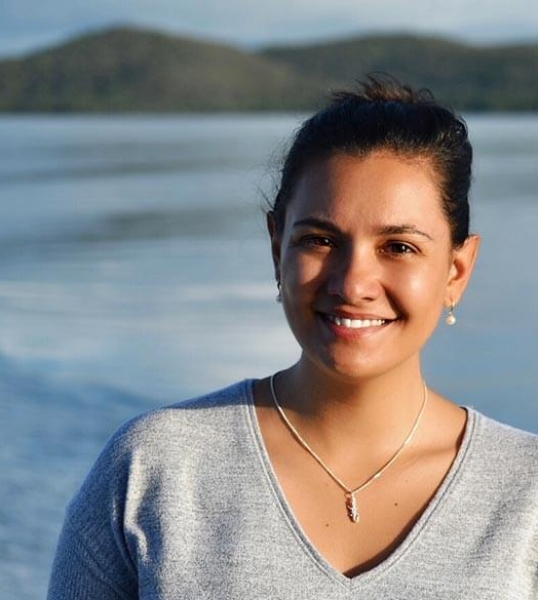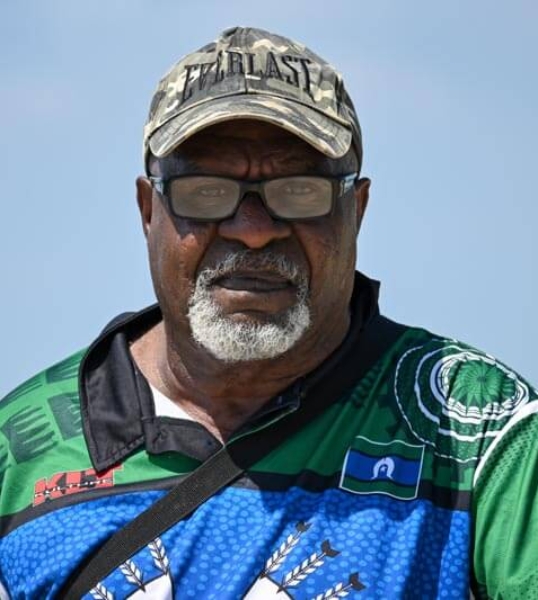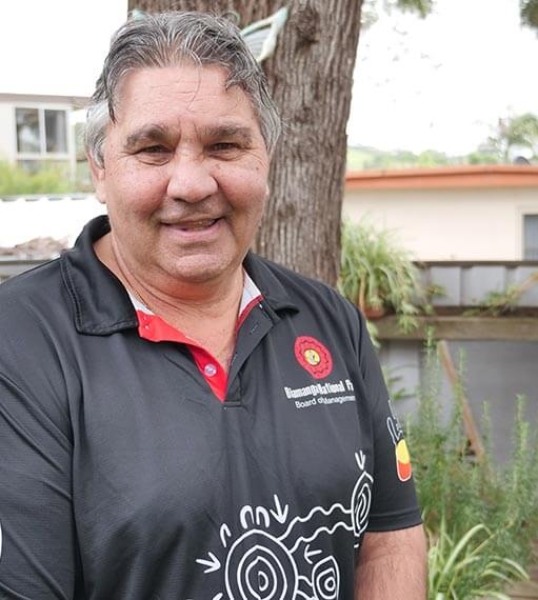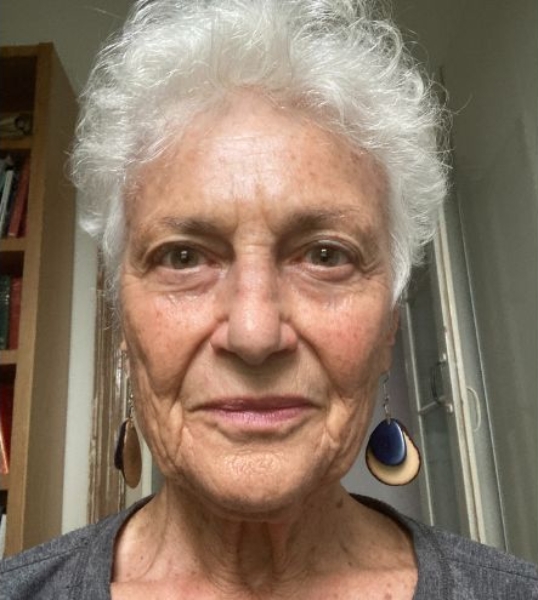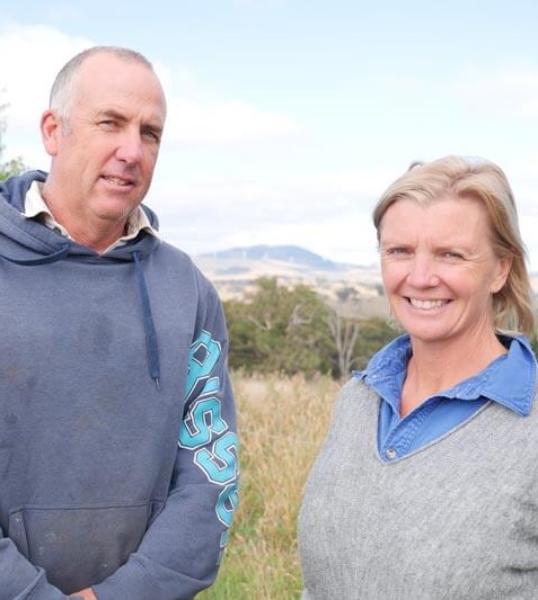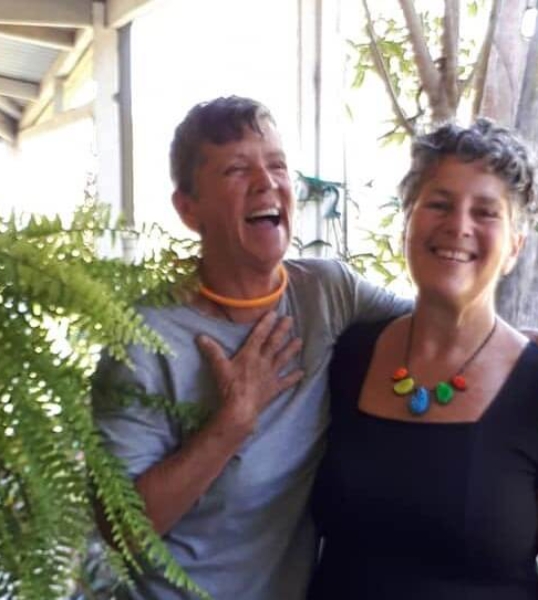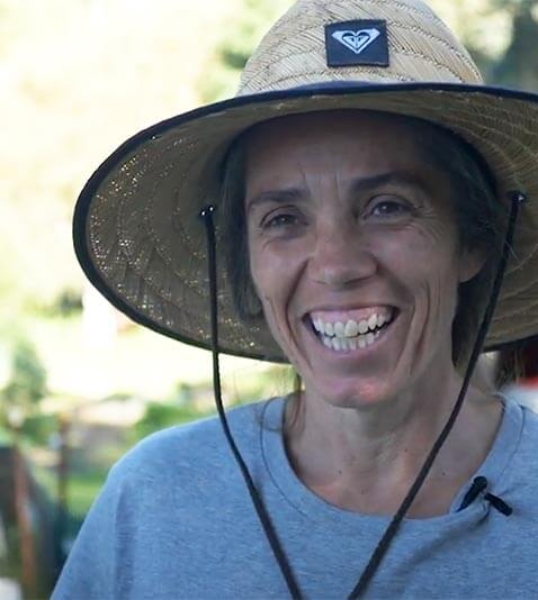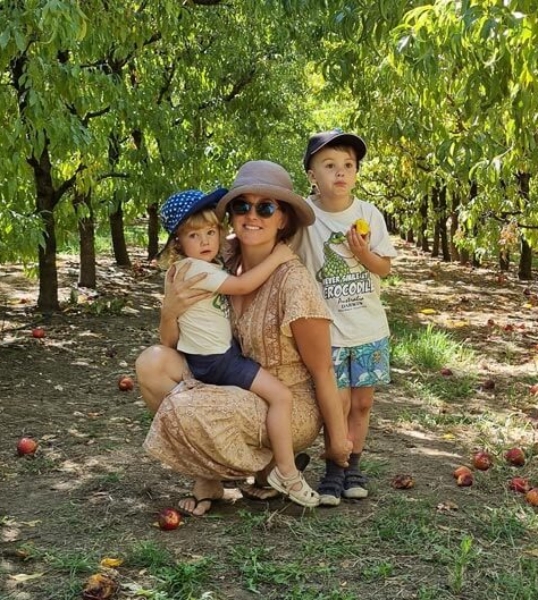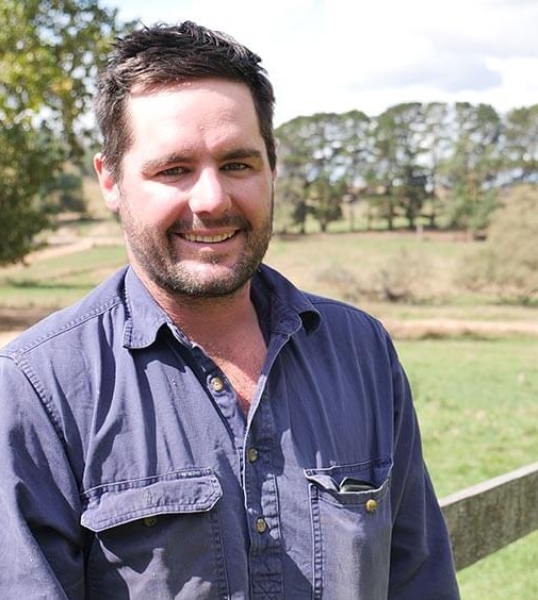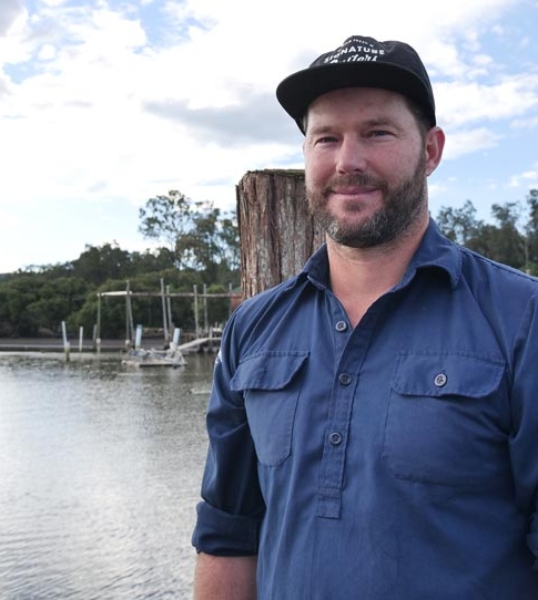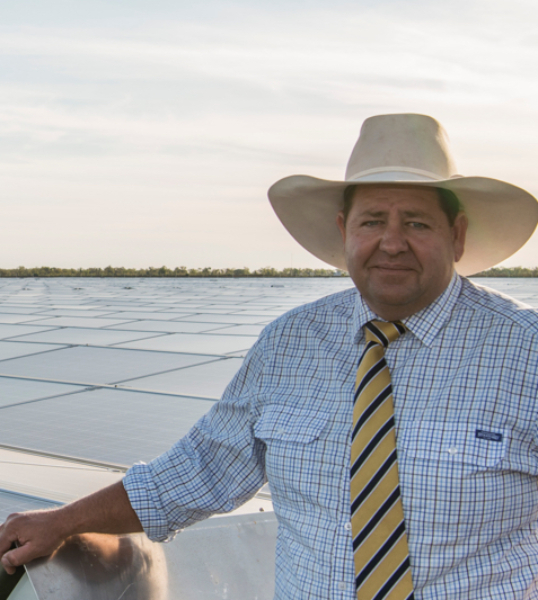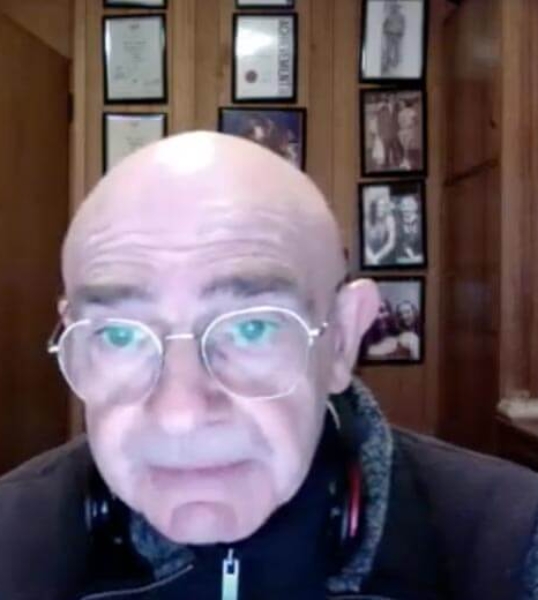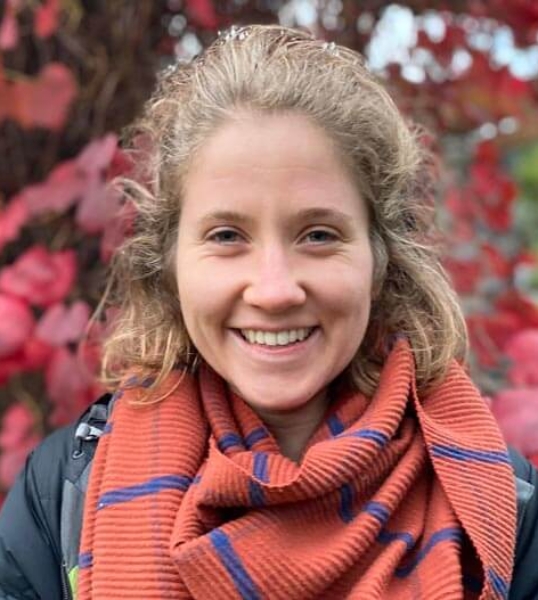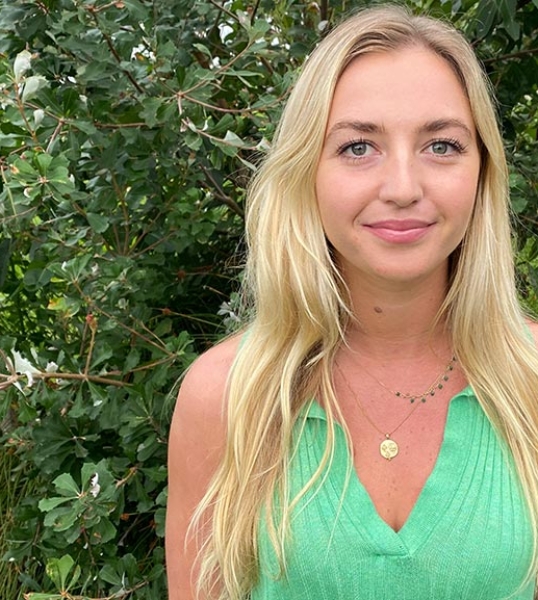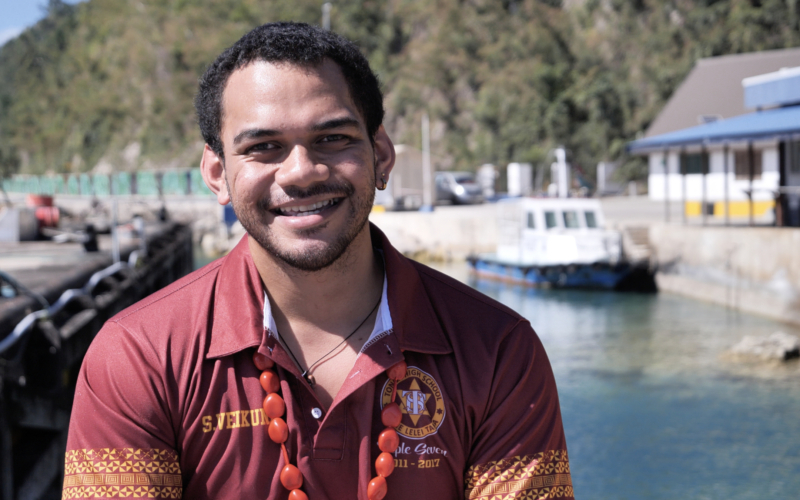
My name is Siua Veikune, I am from the lovely Kingdom of Tonga and I am currently the Tonga campaigner for Pacific Island Students Fighting Climate Change.
Tonga
My name is Siua Veikune, I am from the lovely Kingdom of Tonga and I am currently the Tonga campaigner for Pacific Island Students Fighting Climate Change.
Growing up in Tonga, things were so much more lively. Looking back now, as a young adult to my time as a child in Tonga, things are definitely a lot more lively, not just in reference to my life, but the environment surrounding it. As you grow up, you become more aware of climate catastrophes and natural disasters that have become a bit more frequent because of climate change.
Growing up in the islands, I guess the most cliche thing that you could do there is swimming. Saturdays are always like ‘oh, what are we doing today?’ You clean up the house then go out into the bush. And then afterwards everyone’s at the beach. That’s just become a ritual – at the end of every week on a Saturday we’re out swimming. That was the environment I grew up in, that’s what I have as a flashback is just swimming in clean ocean water. That’s a core memory for me.
People ask ‘what environment are you protecting?’ It’s the beach I swam in. And I just have flashbacks of the beaches I swam in when they were clean. The sand was always white. The people were always laughing, everyone was smiling. I know it’s such a cliche picture to paint, but it’s only cliche because it’s true.
It would be selfish if I’m the only one who gets to enjoy this feeling of like, wow, ‘this is my environment. I’m part of this environment.’ And it’s selfish for people to be like ‘okay, it ends here.’ We are the only ones that get to enjoy it? My demand is for people to look farther than that in terms of the future. Other people are deserving of that same enjoyment of the environment as we’ve grown up with. They have just as much of a right as we do and as the next generation do, and so on and so on. That’s my motivator. I want people to swim in the same beaches that I have and enjoy that same enjoyment.
The only climate impact that I would witness on the mainland in Tonga are the annual cyclones. I say annual but every now and then we get those random ones. But we have a cyclone season, close to the end of the year and beginning of the year on the mainland.
I always like to challenge people to look further than just the mainland. As you move further out into the outer islands, that’s where you see the real impacts from sea level rise. As soon as saltwater gets into the drinking water of communities, there’s no more drinking water. There’s no clean water for them to drink and survive on.
You have these disastrous cyclones that take apart our farming communities, which is the livelihood of a lot of our communities back home. It messes up fishing patterns and then that’s our fishing community out the door as well. The thing I like to reiterate is that when their processes get interfered with, that’s just not another Monday for them, that’s the rest of their life. For them, that’s their livelihood, which I think is a lot of where the gap is in terms of the northern hemisphere vs. southern hemisphere sort of thing. People don’t understand that this is life or death, genuinely life or death, for a lot of people in the southern globe.
This has affected our culture. In Tonga back then, they usually used the lunar calendar in terms of harvesting crops, when to plant them, when to harvest them, and how to look after them. That’s become very difficult because with the climate changing, what we know from the past isn’t what we know now because humans are changing the climate and everything like that. It’s sort of thrown off the lunar calendar that we’re used to. That affects a big, big part of the cropping community, and this just finds its way back to the whole livelihood thing.
This is important because, for one, there is a large part of Tonga that is extremely reliant on this going their way. Their livelihood is based on this: root crops, fishing, that sort of thing. Then you have an even larger majority of people that have this as a second source of income. They have their first job, but then they sell stuff in the market. Everyone does rely on it, and if it does fall short, it’s people falling short on enjoying their lives.
One of the biggest things that we keep revisiting in Tonga is relocation. The implication is that people will have to leave Tonga behind to safeguard themselves against natural disasters. This is the biggest mind-blow for everyone.
If we’re not careful, one of two things will happen.We’re either going to run out of patience and it’s just going to be whatever means necessary to survive. And then the second alternative is that we’ll run out of time and nothing can be done, and we’re just gonna have to face the inevitable.That’s the two alternatives people have given the Pacific: run out of patience and then do whatever you can to survive or run out of time, and then we can’t help you anymore.
But I think the most obvious third alternative, and probably the most promising one, is that everyone just compromises. Everyone wants something. You want something, I want something, other countries do. But we find that one similar ground and find it soon. No one’s got the time to be debating what’s important and what isn’t. But we need to find that compromise, find it soon, and then act on it ASAP. What I’ve come to learn is that there isn’t just one solution to climate change. It’s a bunch of solutions working in unison. And the demand is for all of them to act all at once, which is easier said than done.
Back in 2019 when we started Pacific Island Students Fighting Climate Change, taking the ICJAO campaign to the full length seemed like just hopes and dreams, but then you fast forward three, four years later and we found ourselves at the General Assembly of the United Nations unanimous adoption.
The sky’s the limit in terms of compromising and in terms of solutions we can find. The only holdback is the time that we have. We can’t do this back and forth forever. We’ll have to eventually act, and if you are on the wrong side of history, then you know what happens next.
When I talk about the Pacific Island Students Fighting Climate Change, I feel like it’s not done justice if I don’t mention the origin story. Back in 2019, a group of 27 University of South Pacific students started an organization, and the main campaign was the ICJAO campaign.
Essentially we are ‘taking the world’s biggest problem to the world’s highest court,’ so taking climate change to the International Court of Justice. The advisory opinion was a no-brainer for us as law students because a legal solution is all we know. We were very fortunate for the government of Vanuatu and its people to take us under their wing along with the campaign.
They took a chance on this group of students who had no business asking for all these things and being very ambitious, and then they kept us under their wing throughout the whole journey. They weren’t dismissive of us. They took us into consideration and all our suggestions and whatnot, they took them into serious consideration and we commend them for taking a chance on both the initiative and Pacific Youth. That’s the biggest message we want to send the rest of the world: take a chance on your youth. The capability is there. What they need is that extra push from the government to give them that endorsement of ‘you can do this and we’re behind you if you make any mistakes.’
We are the cause of why this climate change is being accelerated and if you are blindly turning a cheat to it, then you are committing mass harm here. All governments owe a duty of care to their people in terms of their emissions.
I have a very favourite quote of mine that I just like to spread out. It’s ‘our tears taste of salt because we are of the sea.’ That’s a big reminder to everyone, that we’re not fighting for the environment, we’re fighting for ourselves. We’re fighting for the same things. It’s all about perspective. So tears taste of salt to remind us that we are of the sea. We are of the sea.
Hundreds of people from across the country are sharing their stories to send a clear message to the Australian government - it's time for real action on climate change.
Every story appears as a point on this map. Click around to read how climate change is affecting our communities, and add your own story to the map.
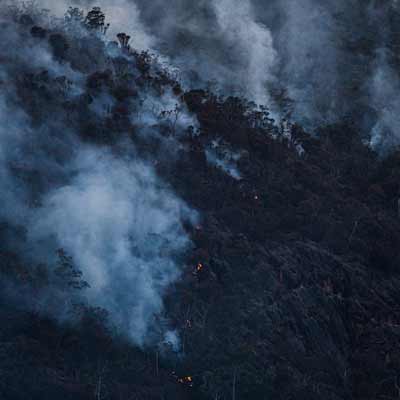
As a young person who has little following over social media and lives in a small community it is hard to feel like we are actually making a difference with our small changes.
Read my storyPeople all across Australia are being harmed by climate change. These are some of their stories.
